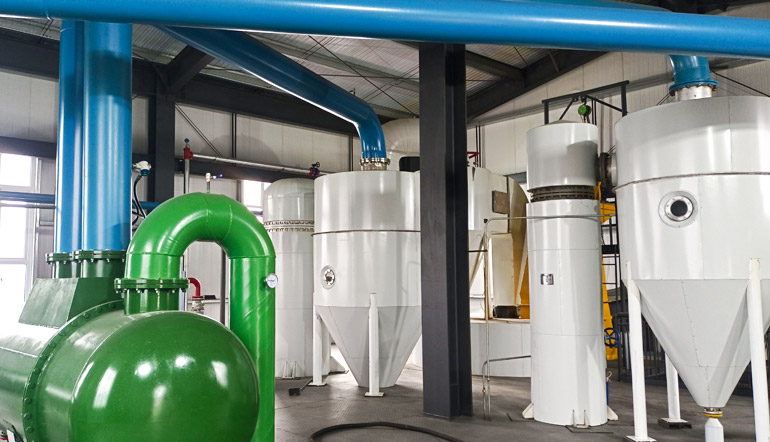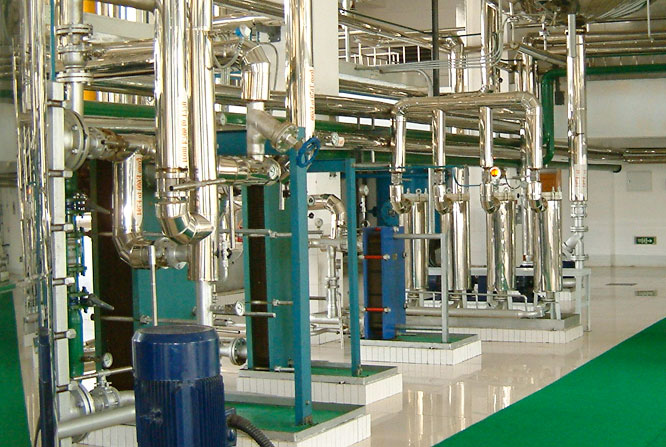Edible vegetable oils, with their diverse varieties, large-scale production, and wide applications, play an increasingly important role in our daily diet. These oils not only influence the color, aroma, and taste of food but are also closely related to human health. The production process generally includes oilseed selection, crude oil extraction, and refining. Although it sounds simple, the actual process is quite complex.
Pretreatment is a crucial step that optimizes the structure of oil-bearing materials through physical processing. It involves procedures such as cleaning, shelling, dehulling, crushing, softening, flaking, and expansion. These steps improve oil yield efficiency and quality, preparing the oilseeds for further extraction.
Crude oil is extracted primarily through two methods: pressing and solvent extraction. Pressing applies mechanical pressure to extract oil and is commonly used for rapeseed, peanut, and sesame oils. Solvent extraction, using food-grade solvents like n-hexane, is internationally recognized as the most efficient method for large-scale production.
Crude oil obtained through either method is not edible and must be refined. The refining process includes degumming, deacidification, bleaching, deodorization, and dewaxing. These steps remove impurities and enhance oil quality, ensuring the final product meets national standards for consumption.

Strict standards limit solvent residues (e.g., n-hexane) to safe levels (≤50 mg/kg in China).
Removes gums to improve oil stability and refining efficiency.
Adsorbents may catalyze reactions, affecting free fatty acids and peroxide values.
High temperatures can increase trans fatty acids; controlled conditions minimize this and preserve tocopherols.
Added to prevent oxidation, especially when natural antioxidants are lost during refining.
Alkali refining reduces aflatoxins but may introduce heavy metals if non-food-grade chemicals are used.
PET bottles, commonly used in China, allow oxygen and light permeability, necessitating antioxidants like TBHQ to extend shelf life.

National standards regulate sensory attributes, oxidative stability, and safety indicators such as trans fats, antioxidant levels, and contaminants (e.g., heavy metals, pesticides). Producers must ensure rigorous testing and monitoring to guarantee oil quality and safety.
Huatai Oil Machinery provides good quality oil mill plant, time & fast delivery, perfect after-sale services, and reasonable price, contact us!
Website: https://www.huataioilmachine.com/Copyright @ Henan Huatai Cereals And Oils Machinery Co.,Ltd.